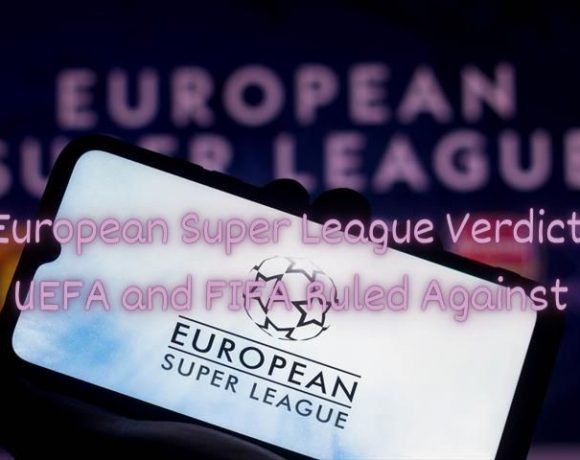
Spanish footballer Jenni Hermoso, a World Cup winner, has testified in a Madrid court that a kiss from former football federation president Luis Rubiales was not consensual. The incident occurred after the World Cup final last year when Rubiales allegedly grabbed Hermoso by the head and kissed her on the lips. The judge will now decide whether Rubiales should face trial for sexual assault and coercion. Hermoso, Spain’s top scorer, emphasized that the kiss was unexpected and non-consensual during her two-and-a-half-hour testimony, reiterating her previous statements leaked to Spanish TV. The court is examining evidence, including CCTV footage, to determine if the case should go to trial.
The kiss, which took place during the medal ceremony in Sydney after Spain’s victory over England, initially seemed consensual based on a statement attributed to Hermoso shortly after the final. However, she later claimed that she was pressured by Spanish football federation officials to endorse the statement. Rubiales, who denies the allegations, is also being investigated for possible coercion related to the pressure on Hermoso. Other figures under investigation include the coach Jorge Vilda, federation executives Albert Luque and Rubén Rivera.
Hermoso stated that she did not want the kiss and felt like a victim of assault, highlighting that, under Spanish law, a kiss without consent can be considered a form of sexual assault. Despite Rubiales asserting it was a consensual peck, he resigned as president of the Spanish football federation following the incident. An investigation was initiated, and he was prohibited from approaching Hermoso within 200 meters by an investigating judge. The case has drawn attention beyond football, making Hermoso a notable figure in discussions about equality and solidarity.
On New Year’s Eve, Hermoso expressed gratitude for the positive changes in terms of equality and solidarity and congratulated her Spain teammates for the empowerment achieved. At 33, she announced a club change, leaving Pachuca in Mexico, where she played since 2022, for Tigres UANL, the country’s most successful women’s team.
Picture Courtesy: Google/images are subject to copyright

